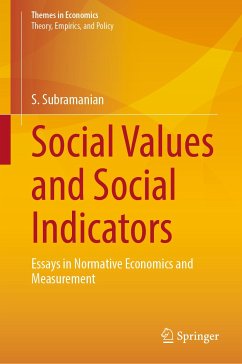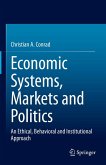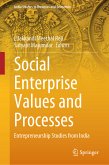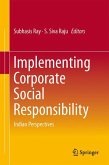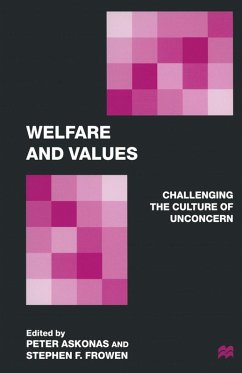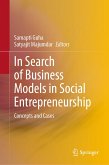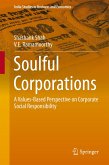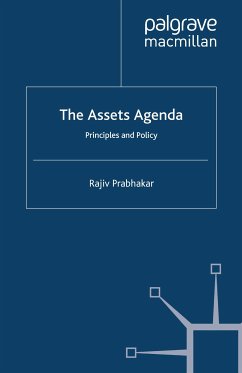The book is a collection of essays written since 2010, and dealing, in one way or another, with the place of values in economic analysis. The centrality of values in the collection is not surprising, given that the thematic concerns informing the essays in the book relate principally to methodological issues in economic enquiry, to the normatively constrained aggregation of personal preferences into collective choice, and to problems of logical coherence and ethical appeal in the axiom systems underlying the measurement of economic and social phenomena such as poverty, inequality and literacy. While many of the essays are more or less technical in nature, they are all explicitly motivated by considerations that go beyond the formalisms of presentation to an involvement with the role of moral reasoning in economic analysis. In particular, the essays emphasize the importance of 'ought propositions' in a science which is all too often regarded as being wholly and exclusively 'positive' in its orientation. The book should be of particular interest to researchers, students, and public policy makers.
Dieser Download kann aus rechtlichen Gründen nur mit Rechnungsadresse in A, B, BG, CY, CZ, D, DK, EW, E, FIN, F, GR, HR, H, IRL, I, LT, L, LR, M, NL, PL, P, R, S, SLO, SK ausgeliefert werden.

